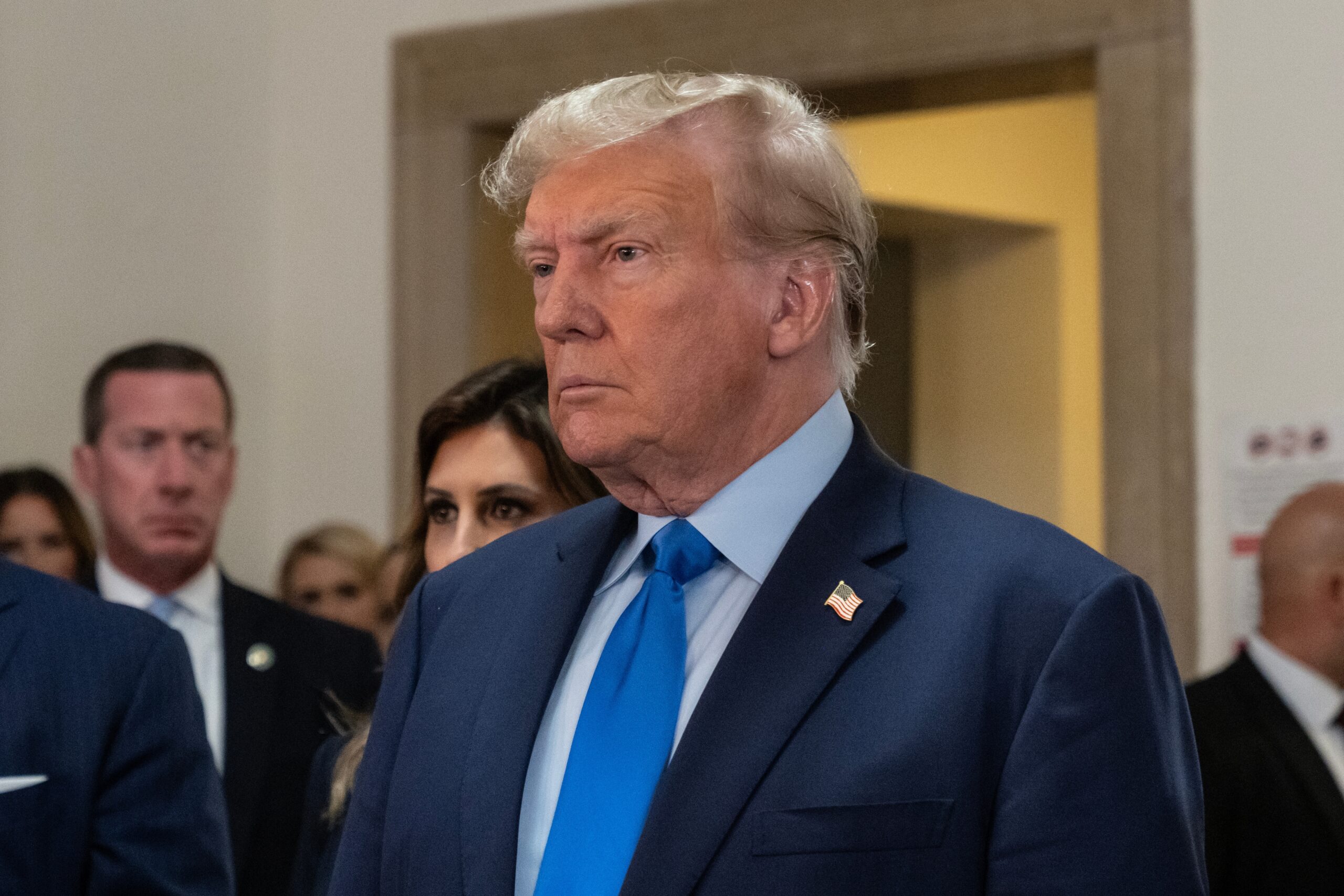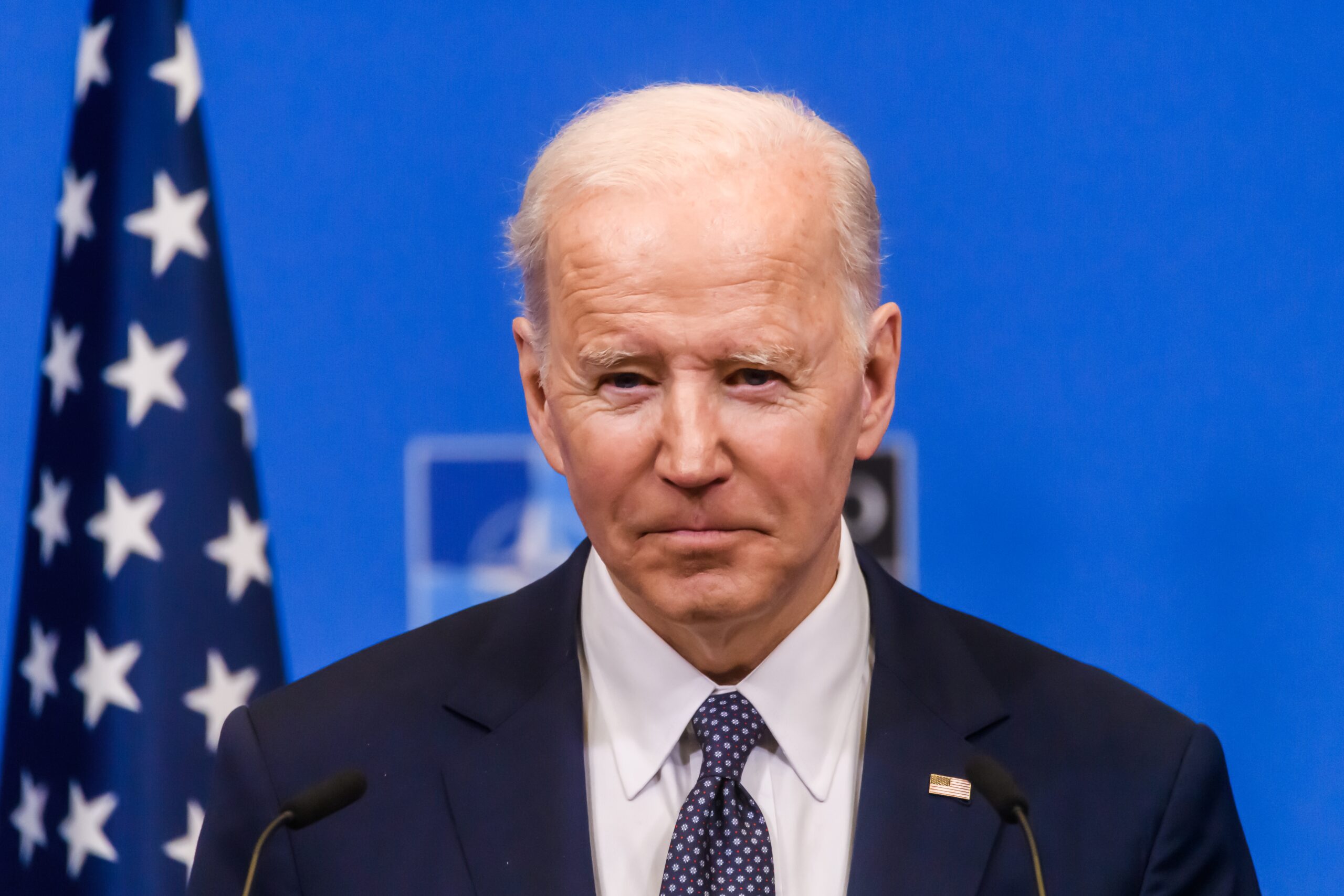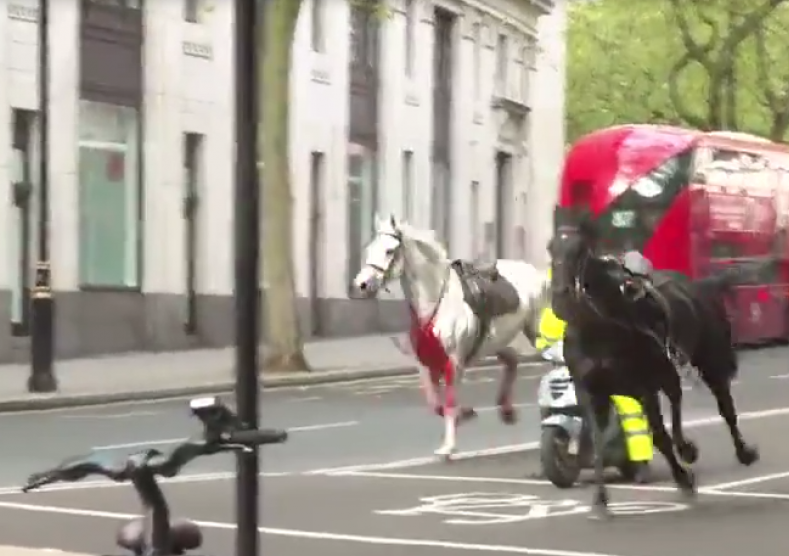[ad_1]
CARACAS (Reuters) – Venezuela’s opposition refused on Monday to recognize a surprise win for the ruling socialists in weekend gubernatorial elections, raising the prospect of new protests and foreign sanctions against President Nicolas Maduro’s government.
Maduro’s candidates took 17 governorships, versus five for the opposition, in Sunday’s nationwide poll, according to the pro-government electoral board.
The socialists’ strong showing came despite devastating food shortages, triple-digit inflation, and a collapsing currency. Polls had suggested the opposition would easily win a majority.
Dismayed leaders of the Democratic Unity coalition decried irregularities, called for street action, and demanded an audit, but they did not offer detailed evidence of fraud.
“Neither Venezuelans nor the world will swallow this fiction,” said opposition campaign chief Gerardo Blyde.
One losing candidate, Carlos Ocariz who ran for Miranda state, alleged a litany of abuses ranging from multiple voting, state food handouts on the day of the poll, forced attendance at gunpoint, and suspicious phone and power outages.
Opposition leaders also said the election board skewed the poll by moving several hundred vote centers out of their strongholds, and confused people by keeping the names of opposition candidates eliminated in primaries on the ballot.
“The system is totally fraudulent,” said Ocariz.
Many dispirited opposition supporters now hope foreign pressure will hurt Maduro.
The Trump administration has already imposed sanctions on Maduro and top officials, including election board head Tibisay Lucena. Washington has also struck at the government’s ability to raise more funds via foreign debt.
The European Union could also take measures against Maduro, a former bus driver and foreign minister narrowly elected to replace the late leader Hugo Chavez in 2013.
‘ANOTHER SHAM’
“The result (on Sunday) is another sham. It is inconceivable the Socialist Party won 54 percent of the vote … even with abstentions affecting the (opposition) vote,” said an analyst Nicholas Watson at the Teneo Intelligence consultancy.
“(But) the opposition’s case that the government committed fraud will be difficult to prove, and any legal challenges will likely come to nothing in government-controlled courts, while the election board will choke off demands for a vote audit.”
France, whose President Emmanuel Macron has called Venezuela a dictatorship, expressed concern at claims of “serious irregularities” and “lack of transparency”.
“France deplores this situation and is working with its EU partners to examine appropriate measures to help resolve the serious crisis,” it said.
Venezuela’s government does retain significant support in poorer, rural settings, however. And it seems unlikely that supporters of the elite-led opposition, which has struggled to capitalize on discontent over the economy, will return to the streets en masse after months of grueling protests earlier this year.
The actions failed to pressure the government into holding an early presidential election, freeing scores of jailed activists or accepting foreign humanitarian aid.
At least 125 people died, while thousands were injured and arrested in violence that brought parts of Venezuela to a standstill as hooded youths battled security forces.
“Obviously, this was a brutal fraud,” said David Osorio, 21, who lost an eye when he was hit by a gas cannister in the clashes. “But I don’t know if going back to the streets is best … because the same will happen and many are simply not willing.”
Sunday’s disputed results will likely dash opposition hopes the unpopular Maduro can be removed in next year’s presidential election, possibly worsening disagreements over strategy in the perennially divided coalition.
“The rich ones think we poor people trust the opposition, but it’s not true,” said driver Freddy Perez, 32, who voted for the government candidate in central Carabobo state.
“We saw the protests and what happened after, how they abandoned their people. This is the consequence.”
Various opposition leaders acknowledged disillusionment and people staying home had played a big role.
“We shot ourselves in the foot,” legislator Jose Guerra said, noting record turnout of 74 percent in a 2015 congress vote, which the opposition won, versus 61 percent on Sunday.
The opposition’s electoral setback could further speed a flow of emigrants to other Latin American countries, Spain, and the United States, as many Venezuelans now fear the long-running political crisis will drag on for years.
‘WHEN THEY LOSE, THEY CRY FRAUD’
Flanked by his powerful wife, soldiers, and red-shirted party members, a jubilant Maduro painted the opposition as sore losers. “When they lose they cry fraud. When they win they shout ‘Down with Maduro,’” said Maduro, 54.
The opposition pocketed governorships including the turbulent Andean states of Merida and Tachira and the oil-producing region of Zulia. The government, which had previously controlled 20 governorships, took states across Venezuela’s languid plains and steamy Caribbean coast.
It won back populous Miranda state, which includes part of the capital Caracas, and also won in Barinas, Chavez’s home state, where his younger brother retained the top job.
Results for one of the 23 states, southern Bolivar, were still not given by Monday afternoon, though on Sunday the board’s website briefly gave it to the opposition.
The opposition has denounced fraud in past votes, but it has lacked substantial detailed evidence and there were no conventional foreign observer missions for Sunday’s election.
Additional reporting by Andrew Cawthorne, Andreina Aponte, Diego Ore, Eyanir Chinea, Corina Pons, Girish Gupta in Caracas and Isaac Urrutia in Maracaibo; Writing by Alexandra Ulmer and Girish Gupta; Editing by Tom Brown and Jeffrey Benkoe
[ad_2]
Source link







Leave a Reply